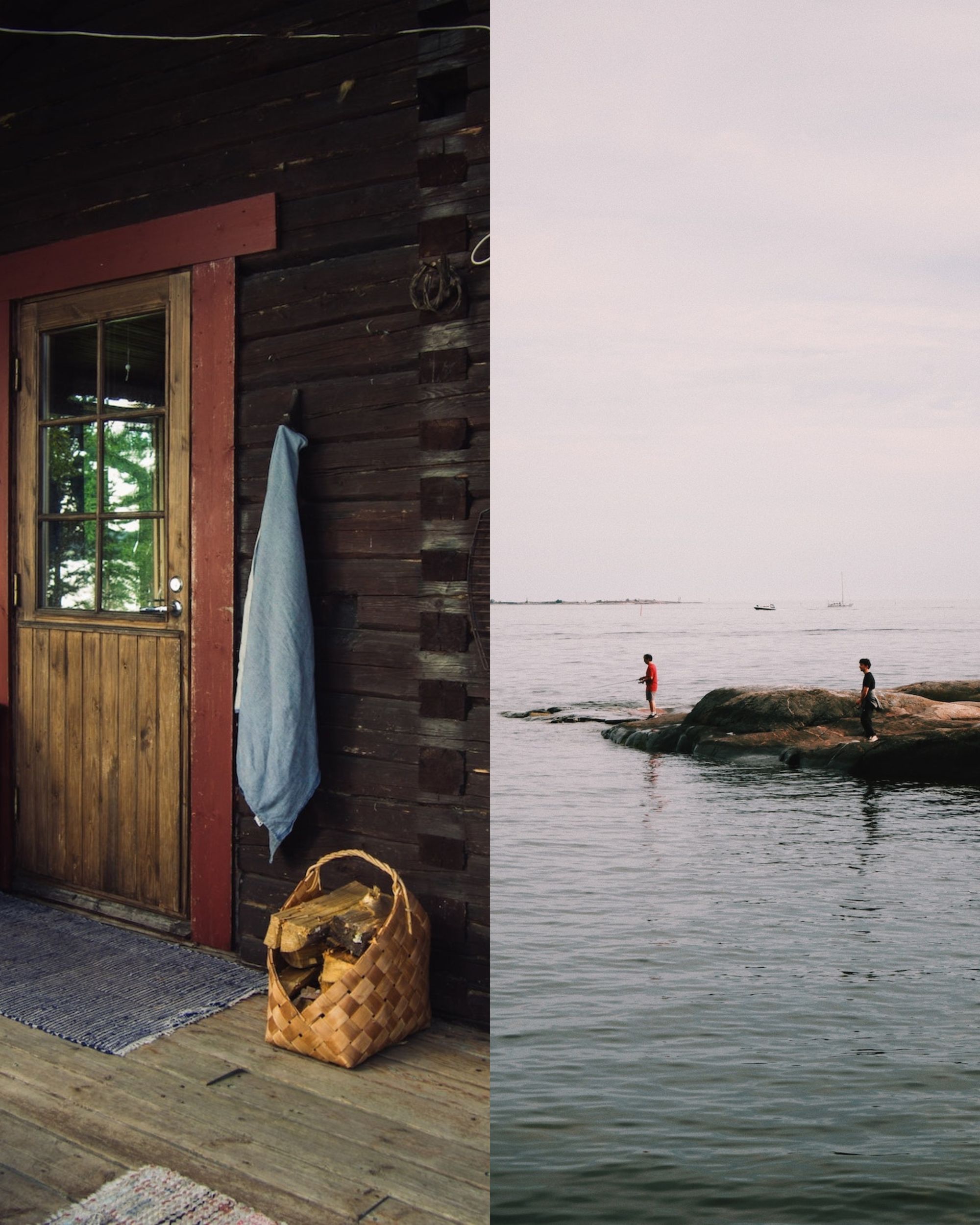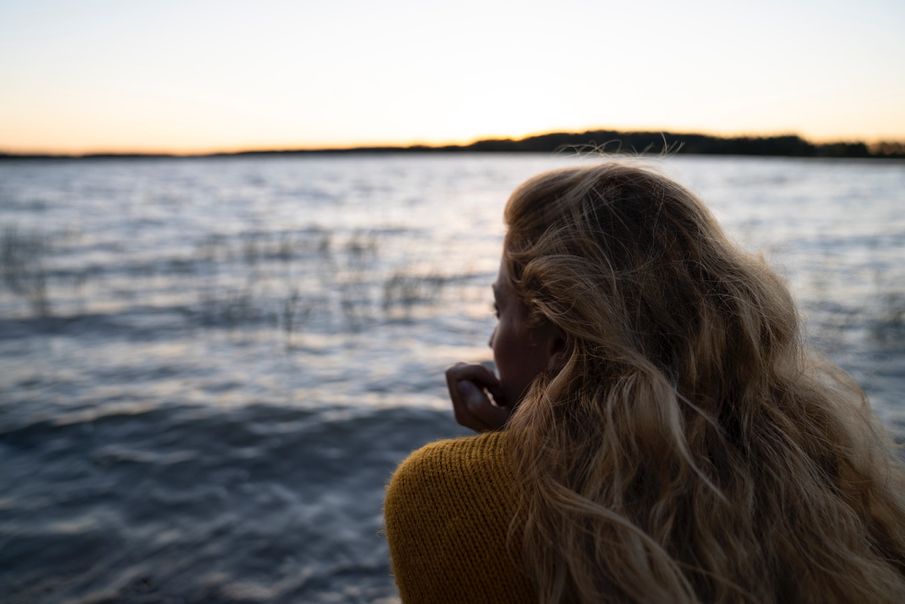Finland consistently nabs the top spot for happiest country worldwide, but what precisely is it about this culture that makes it so optimal for our health and happiness? Lucy Pearson travelled to Finnish Lakeland to learn the secrets promising to boost her wellbeing
When, earlier this year, Finland was voted the happiest country in the world for the sixth consecutive year, my interest was piqued. One of just four countries to have held the top spot – the others being Denmark, Switzerland, and Norway – Nordic countries have long been voted as the cheeriest in the world. But what exactly are they doing right? And what can we Brits learn from them?
Shortly after being crowned the world’s happiest country, I was invited to visit Finland for a four-day bootcamp designed to teach me the way of the Finns. When I told my friends and family that I’d soon be en route to Helsinki for a masterclass in all things happiness, they all voiced their surprise. Easily pleased, positive to a fault, and more often cheery than not, I suppose I wasn’t the most obvious choice for a four-day trip designed to teach me why Finnish people are consistently rated the happiest in the world. But, ever the optimist, I gladly accepted the spot and spent longer than I should probably admit poring over photos of where I’d be staying.
The World’s Happiest Country report is based on an evaluation called the Cantril Ladder – a method that essentially assesses where a country’s population would put themselves on a scale of self-satisfaction. To measure happiness, the researchers evaluated approximately 1,000 individuals in each country by asking: “Please imagine a ladder, with the steps numbered 0 to 10. The top of the ladder represents the best possible life for you, and the bottom of the ladder represents the worst possible life for you. On which step of the ladder would you say you personally feel you stand at this time?” The report takes into account several factors that could correlate with the variations in the average happiness of each country’s population, using six key variables to measure happiness differences, including life expectancy, social support, and freedom.
Interestingly enough, despite purportedly being the world’s happiest country, the Finns have just a couple of words for happiness, compared to our 60-ish words that include the likes of bliss, ecstasy, joy, and delight. They have onnellinen, the direct translation of which is happy, and iloinen, which roughly translates as joyful or glad, but it refers to a shorter and smaller feeling (you might be iloinen that you just had a great first date or that you’re heading off on holiday soon). Onnellinen, on the other hand, is much more profound, and speaks to the notion of being content with your lot.
And so, to Helsinki I flew in search of Finnish onnellinen. During the masterclass, I stayed at Kuru Resort – a sprawling, adults-only hangout nestled on the lip of Lake Saimaa – a three-and-a-half-hour drive from Helsinki. Located in Rantasalmi, in the Southern Savonia region of Finland, Kuru is all about taking it slow. Each villa has its own sauna, overlooking a fragrant pine forest; and the smells, the music, and the materials have all been designed to appeal to the senses and help guests relax. The healing powers of the great outdoors are everywhere: and it’s the type of place where luxury and nature meet. But, as one might correctly point out, how could anyone not be happy here? Beyond the walls of my bougie villa, I set out to find out.

Over the next four days, I sauna-ed to my heart’s content, swam in the biting blue waters of the lake, ate some of the best food I’ve ever had, and spoke to several Finns for their take on their six-year winning-streak.
Suffice it to say, the Finns have got a lot of life right. For a start, their love for spending time with mother nature. A pastime that I think we should all get behind with the same sort of gusto as the Finns. While they’re spoilt for choice with an abundance of national parks, rivers, and a coastline that spans almost 20-thousand miles, us Brits don’t fare too badly and have roughly the same amount of coastline, when including our islands. During a trip to a nearby forest, our guide, Mikaela Creutz – a nature lover, hiker, and photographer who resides in North-eastern Finland – spoke of her love for spending time hiking, the courage it gave her, and the rewards we can all reap from it, from improving your mood to bettering your physical health and reducing levels of stress and anger. And one of the best things about it? It doesn’t have to be extravagant or expensive, and the benefits are tenfold. Just 15 minutes can lower your blood pressure and improve both your physical and mental health. But, I asked, what if you don’t have access to this sort of nature? Mikaela, however, maintained that even just getting out for a morning walk to grab a coffee can have the same effect. But as I stood on the deserted stretch of island, inhaling the woody scent of fire after a cup of campfire coffee, flanked by trees and the still waters of the lake, I wasn’t entirely sure I would feel this serene on a morning walk to GAIL’s.
As well as their inclination for spending time in nature, the Finns also take their saunas seriously – and with a whopping 3 million saunas in a country where just 5.5 million people reside, it doesn’t take a genius to work out that they have roughly one sauna to every two people. It’s estimated that 99% of Finns take at least one sauna a week – and the health benefits include improved levels of sleep, reduced stress, and a higher metabolism. And while saunas have by no means made it into the mainstream here in the UK, they are more readily available than they were a few years ago.
But saunas and hiking aside, Timo Auvinen – who leads guided walks in Finland – had some sage advice for anyone wanting to cultivate more happiness: lower your expectations. He said that the Finnish secret to happiness is not to go searching for it, and instead to find peace in a more neutral state of contentment, a sentiment found in the Finnish proverb, ‘Onni ei tule etsien vaan eläen’: happiness doesn’t come by searching, only by living.


Comments